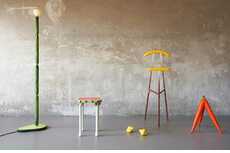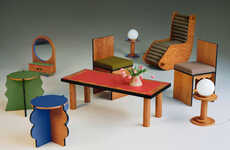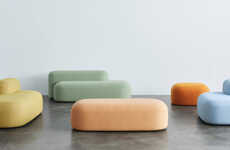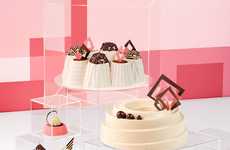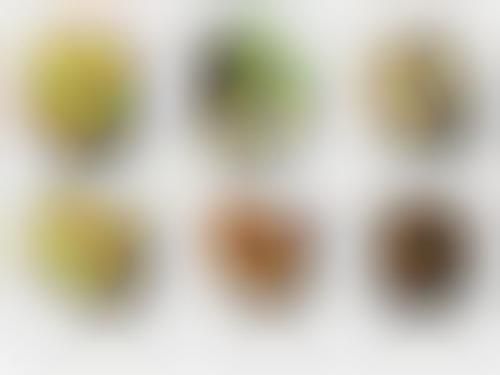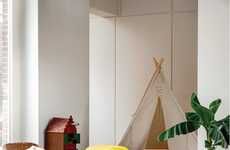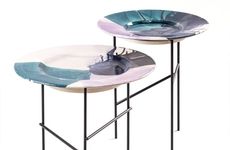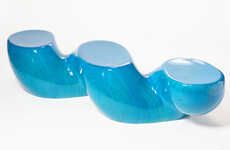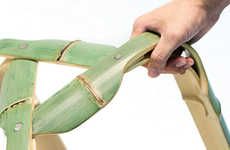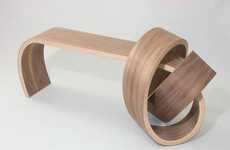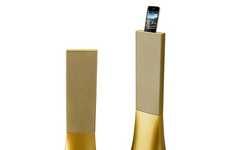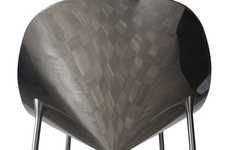
Mario Trimarchi's Food Moulds Replicate Home Furnishings
Jordy E — October 12, 2012 — Art & Design
References: mariotrimarchi.eu & wgsn.tumblr
Designer Mario Trimarchi's geometric-shaped food moulds can be used to produce edible pieces of furniture. The miniature bites are delectable with jello and custard fillings, ingredients that can be tapered with depending on how one wishes to enjoy the tiny tables.
Trimarchi released his moulds with the Alessi brand, an Italian label that specializes in design. This genre of edible architecture has yet to be fully explored by illustrators and cooks.
The intriguing merger between these two fields has only continued to grow despite their differences in focus and scope. These particular products have made for a delectable collaboration, now available in black, white, peace, kiwi and mango tones under the 'Il Tempo della Festa' (Holiday Time) title.
Trimarchi released his moulds with the Alessi brand, an Italian label that specializes in design. This genre of edible architecture has yet to be fully explored by illustrators and cooks.
The intriguing merger between these two fields has only continued to grow despite their differences in focus and scope. These particular products have made for a delectable collaboration, now available in black, white, peace, kiwi and mango tones under the 'Il Tempo della Festa' (Holiday Time) title.
Trend Themes
1. Edible Architecture - The trend of creating architectural structures that are entirely edible presents opportunities for innovative food experiences and collaborations with designers.
2. Miniature Food Design - The trend of designing miniature food items opens up possibilities for unique culinary presentations and interactive dining experiences.
3. Food as Art - The trend of using food as a medium for artistic expression allows for the exploration of new textures, shapes, and colors in gastronomy.
Industry Implications
1. Food & Beverage - The food and beverage industry can embrace these trends by creating edible furniture and incorporating miniature food designs into their menus or product offerings.
2. Design - The design industry can explore the concept of edible architecture by collaborating with food experts to create functional and aesthetically pleasing edible structures.
3. Hospitality - The hospitality industry can incorporate the trend of food as art by showcasing edible artworks in restaurants, hotels, or events, offering customers a unique dining experience.
0.6
Score
Popularity
Activity
Freshness


